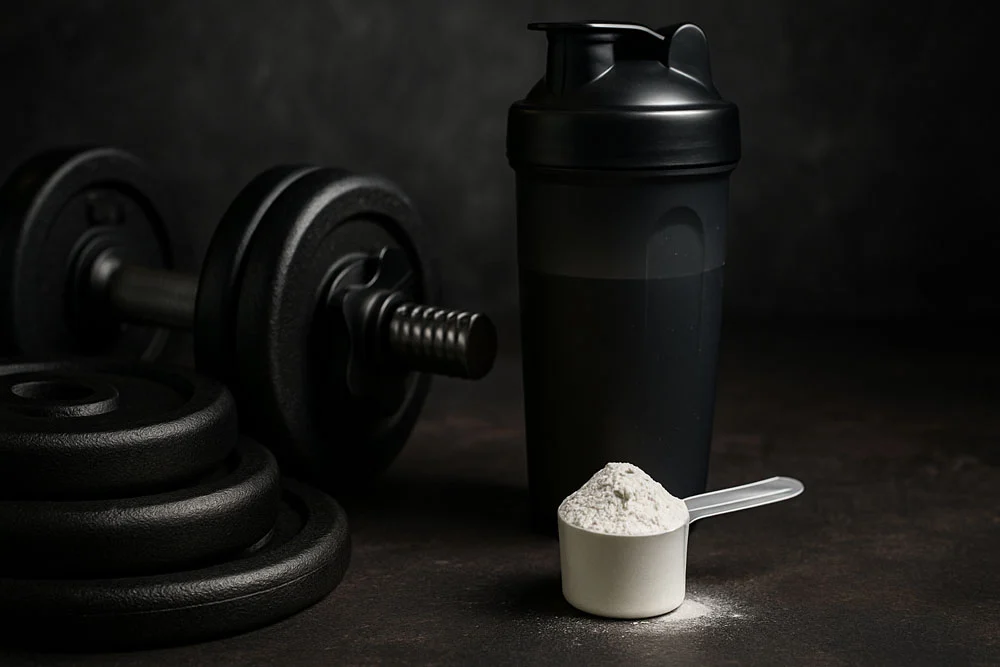Contents:
Share This Story, Choose Your Platform!

Do BCAAs Actually Work for Muscle Growth?
BCAAs — branched-chain amino acids — are one of the most popular supplements in the fitness world. But with more complete protein powders now widely available, many athletes ask: do BCAAs still matter? Let’s dig into the science to see whether they deserve a place in your supplement stack.
What Are BCAAs?
BCAAs are a group of three essential amino acids: leucine, isoleucine, and valine. These amino acids are called “essential” because your body can’t produce them — they must come from food or supplements.
Benefits of BCAAs
- Muscle Recovery: BCAAs reduce exercise-induced muscle soreness, helping you recover quicker.
- Muscle Maintenance: During calorie restriction, BCAAs help preserve lean mass.
- Endurance: They may delay fatigue during long workouts by reducing serotonin production in the brain.
Do They Build Muscle?
The key amino acid for muscle growth is leucine, which triggers protein synthesis. While BCAAs stimulate this process, they’re incomplete — your body still needs all nine essential amino acids (EAAs) to actually build new muscle tissue. That’s why whey protein or a full-spectrum EAA supplement is often considered superior for growth.
When Are BCAAs Useful?
BCAAs shine in specific situations, like training fasted, dieting for fat loss, or during long endurance sessions. They also work well as an intra-workout drink to support hydration and recovery. But if your goal is maximum muscle growth, EAAs may offer more complete support.
A Better Alternative: EAAs
Unlike BCAAs, EAAs contain all nine essential amino acids required for protein synthesis and muscle repair. They cover everything BCAAs do — and more. Four popular options include:
- Killer Labz Brute EAA – A hard-hitting, complete amino formula designed for growth and recovery.
- HR Labs Hydro EAA – Combines hydration and EAAs for performance and endurance.
- Chemix EAA+ – Full-spectrum EAAs with added performance support for serious training blocks.
- Xtremis Cartel Bomba EAA Intra-Workout – Intra formula built for long sessions, supporting recovery and output.
The Bottom Line
BCAAs aren’t essential if you’re already getting enough protein, but they can still be useful for recovery in specific scenarios. For those chasing maximum results, EAAs are often the smarter choice, delivering the full spectrum of amino acids your muscles need.

